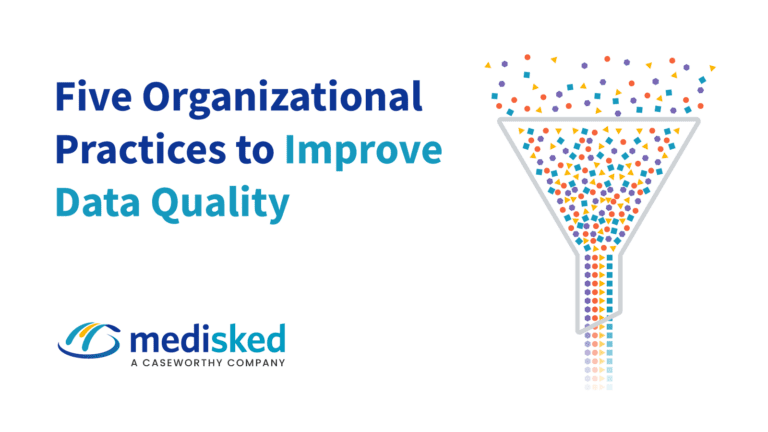In December 2010, CMS announced the State Demonstrations to Integrate Care for Dual Eligible Individuals, a competitive solicitation for proposals to design person-centered models that coordinate primary, acute, behavioral and long-term supports and services for Medicare-Medicaid enrollees. There were 15 states that were selected to participate in this demonstration. The 15 states that were selected were: California, Colorado, Connecticut, Massachusetts, Michigan, Minnesota, New York, North Carolina, Oklahoma, Oregon, South Carolina, Tennessee, Vermont, Washington, and Wisconsin. The main requirement for participation was to increase care coordination. From a managed care standpoint, this means getting providers , including medical professionals, to spend more time on care coordination and less time on authorizations and denial appeals. The health plans themselves need to increase member services. With that, let’s take a look at some states that are currently implementing or running Managed Care for I/DD services.
California
The pilot program for the dually eligible Medicaid (called Medi-Cal)/Medicare in California is underway. It is an 8 county test pilot that will enroll approximately 400,000 individuals and is being called Cal MediConnect. California has had some bumps in the road, as noted by the Kaiser Family Foundation, one issue was finding a network of PCPs and specialists that had the experience in the complex care needs of the DD population. They had trouble recruiting doctors to join. They have seen the start of the project move out, a few months ago it was to start April 1, now it’s May 1. There were also issues with the 60 day notices that went out. In general, though, California is farther along than most states in the demonstration and from our experience, the setbacks they have encountered are showing up in other states and should also be expected by other states as they progress along.
Kansas
In Kansas, the transition of DD services to managed care is part of their KanCare program. There are three insurance companies acting as the Managed Care Organizations as part of KanCare and after some delays in the start of the program, it is now up and running as of February 1 of this year. Advocacy groups are already complaining of waiting lists and policies that restrict access to services.
North Carolina
In North Carolina, the move to managed care for DD services has already taken place, however there still is significant turmoil in the state. Providers across the state have been working through consolidation of MCOs since the start of the switch. 10 MCOs are consolidating down to 4, with about 350,000 people covered in each region. This is another issue to be cognizant – once a state switches to managed care, the insurance/managed care companies could bring quite of a bit of change and uncertainty to providers if processes like consolidation occur.







